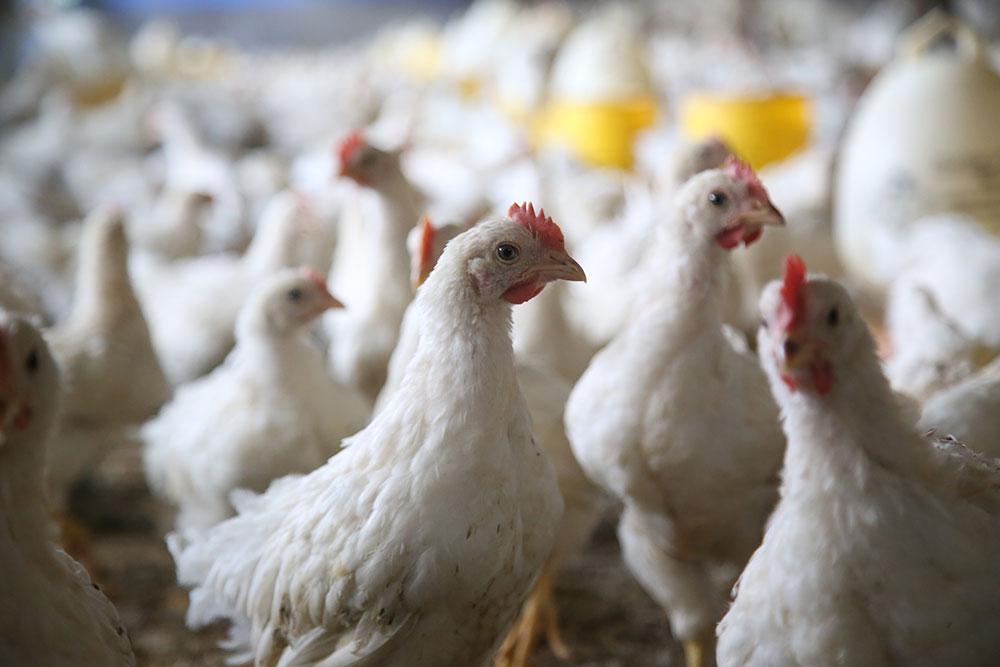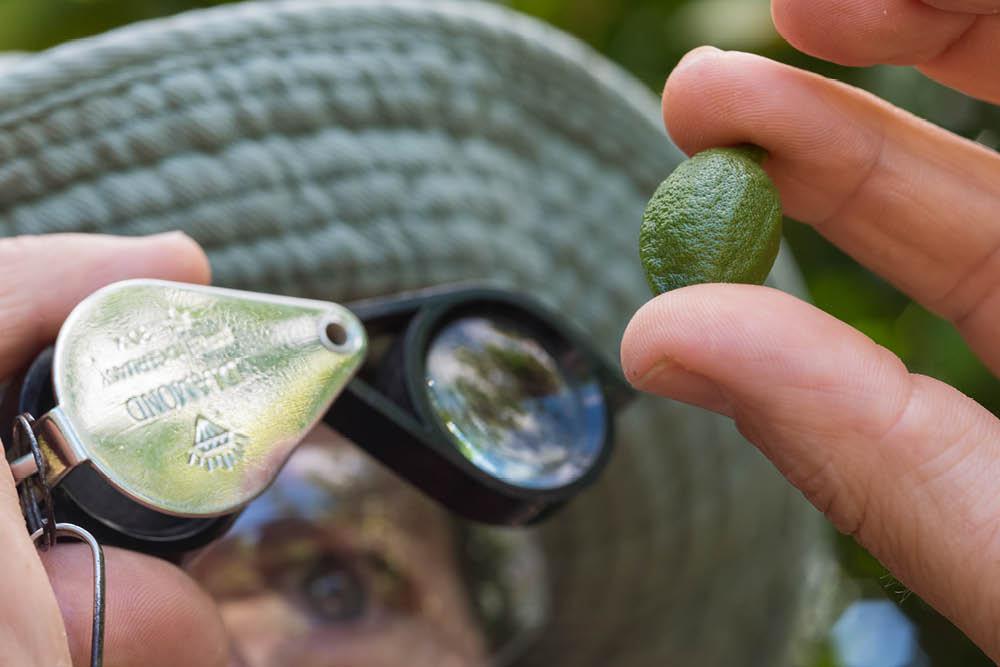Australia will need to find new ways to gain a competitive advantage with its agricultural exports as more countries enter free trade agreements.
ABARES Executive Director Dr Jared Greenville said the latest ABARES Insights report, Analysis of Australia’s future agricultural trade advantage, provides a reminder that we need to think about all avenues to improve our trade advantages.
“Australia now has 16 free-trade agreements which enable access to markets around the world, bringing huge benefits to Australian agriculture,” Dr Greenville said.
“However, over the last decade, international competitors have started to catch up with their free trade agreements. For an industry as reliant on exports as ours, it’s a reminder that we can’t take our advantages for granted.
“Our beef exports to Japan no longer have a tariff advantage over Canada and the US, and in Vietnam, our tariff advantage in wheat over Canada and the EU is set to disappear.
“Once tariffs hit zero, we need to look at new ways to enhance our access to international markets.
“New or improved biosecurity market access will help, as it will reduce the cost of compliance. So will reductions in unjustified non-tariff measures and a reduction in compliance costs for justified non-tariff measures.
“There are things to be done at home, related to advancing domestic productivity, adapting to a changing climate, and putting in place systems to demonstrate the sustainability credentials of export goods.
“Internationally, Australia and our partners are working towards enhancing the global rules-based trading system and improving global outcomes through lower agricultural subsidies and reductions in non-tariff barriers.
“We just need to make sure we don’t get complacent. We sell a good product, but there is plenty of competition out there and we need to work hard to stay ahead of the game.”
The Insights report, Analysis of Australia’s future agricultural trade advantage, can be read on the ABARES website.


